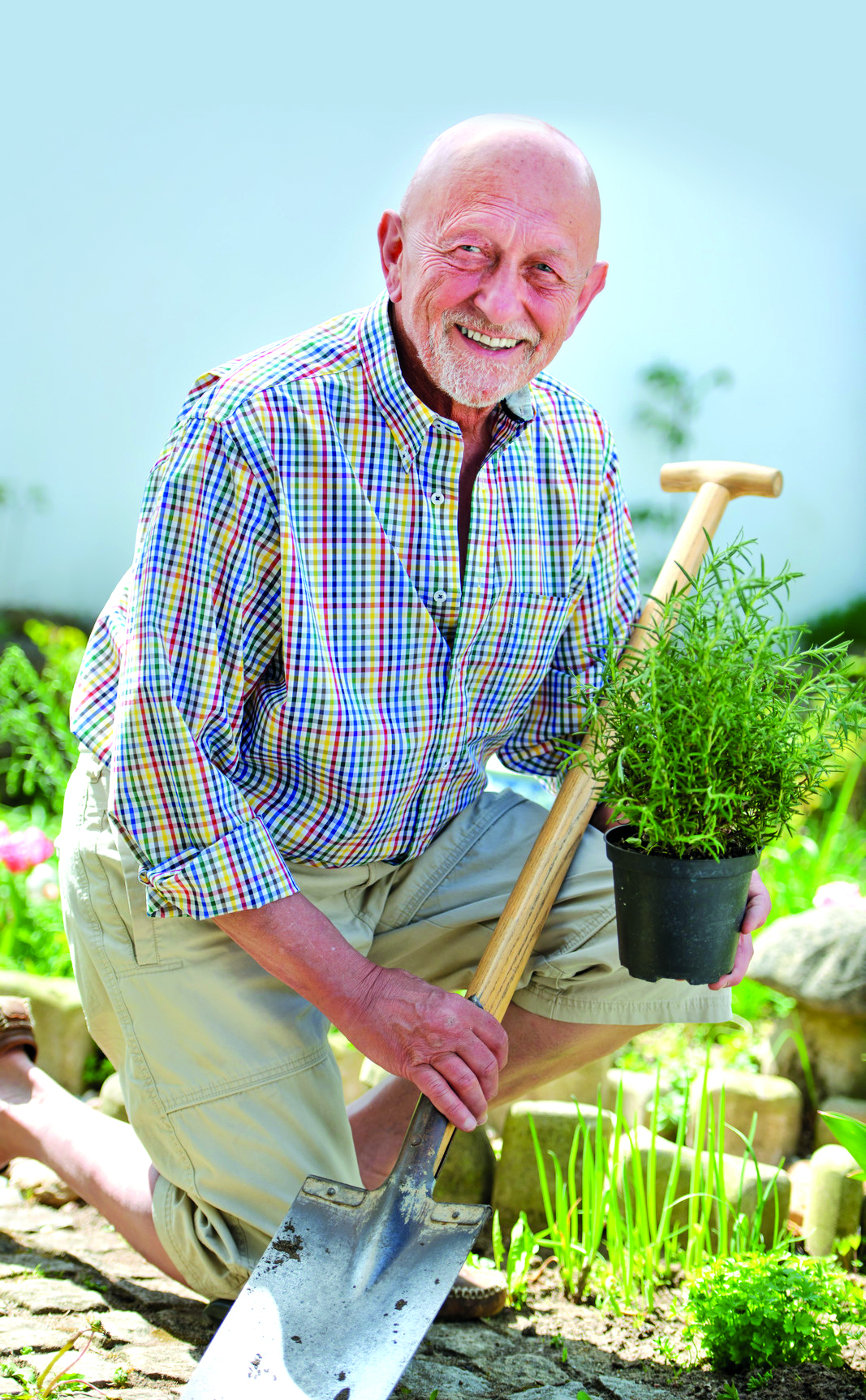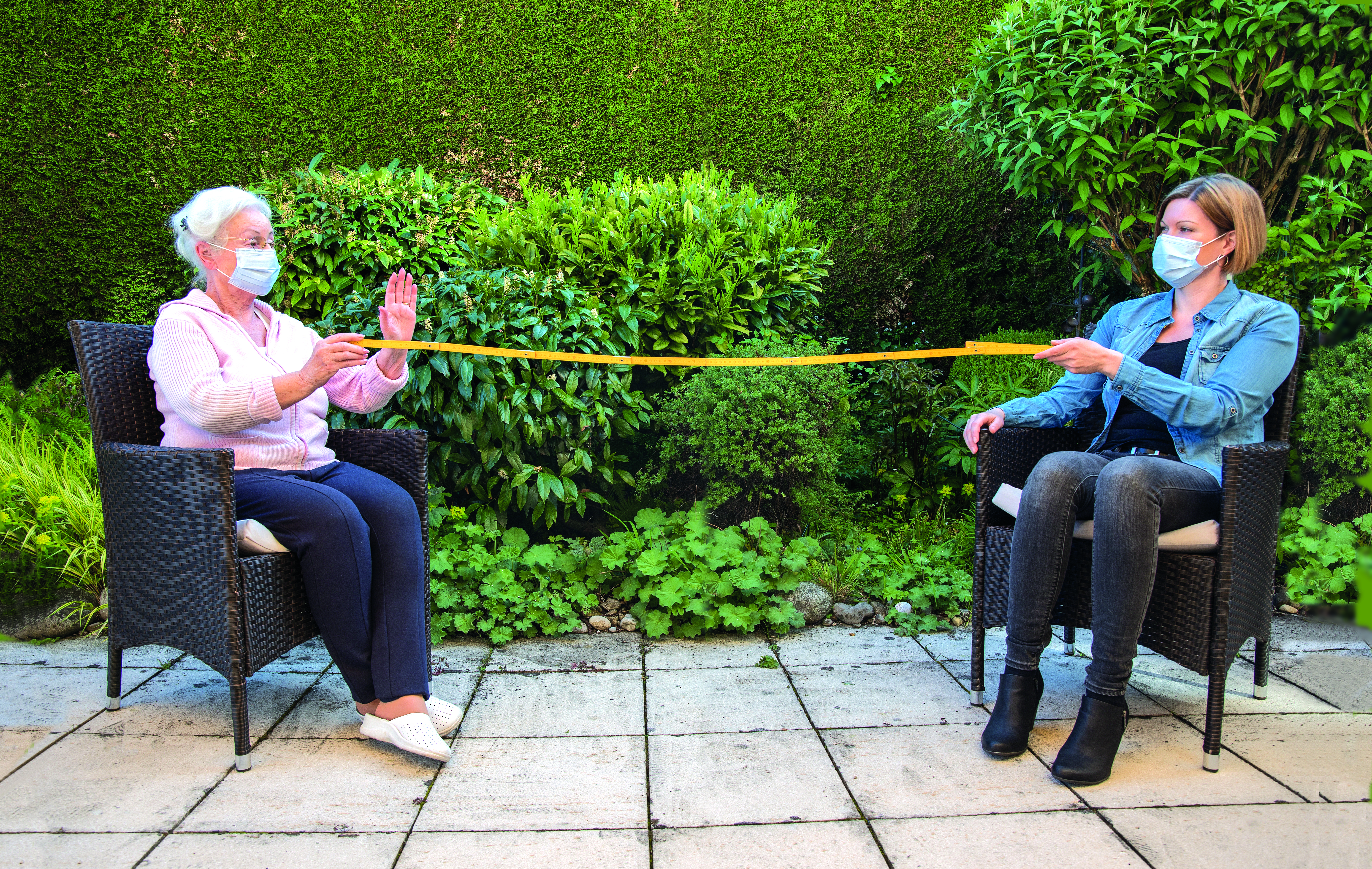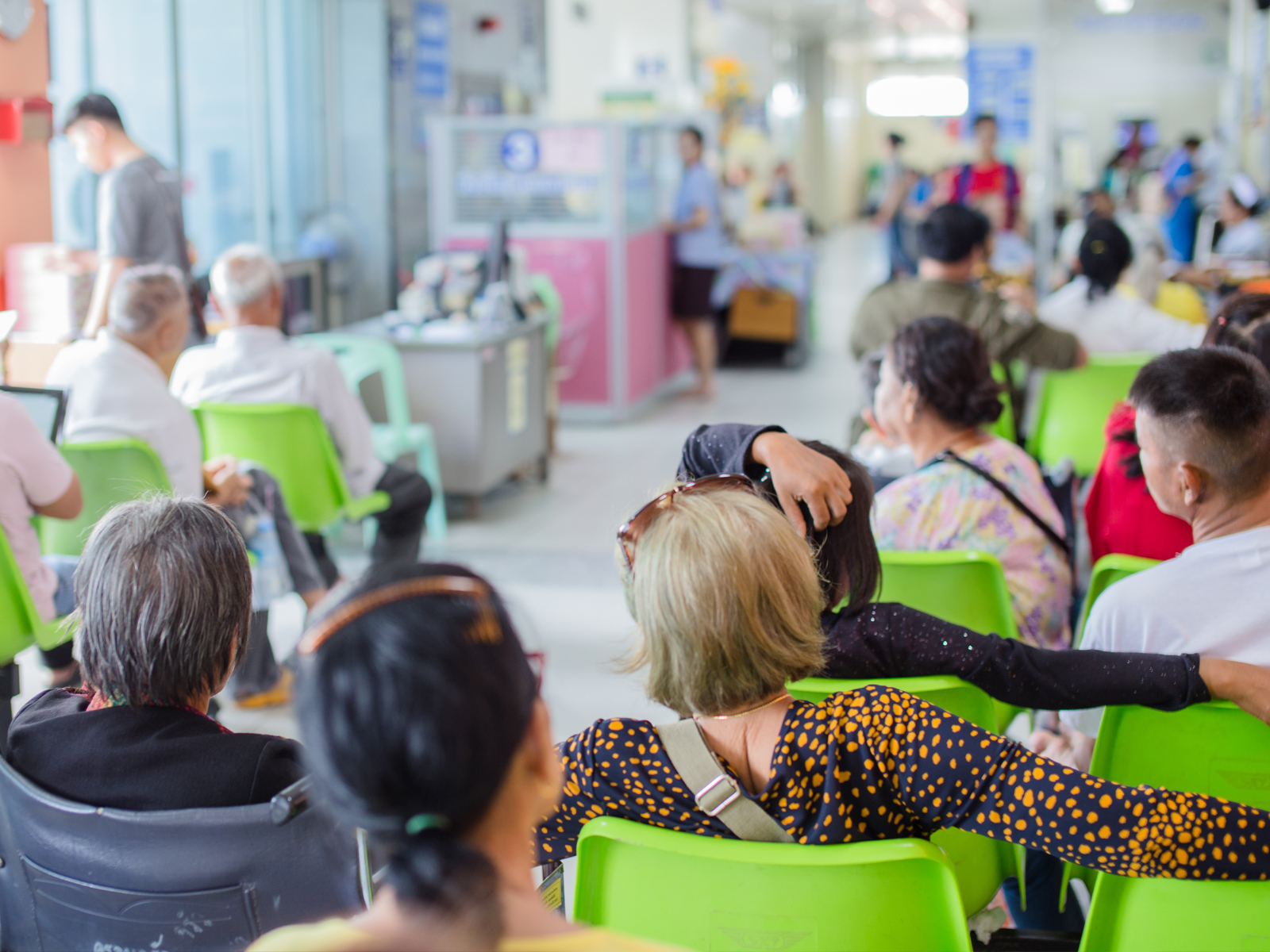Clever ways to stay productive, alert and upbeat at home
By Rick Lauber
Remaining at home and self-quarantining seems to be sound advice, however, many of us might be starting to feel cooped up and without purpose. Family caregivers can help themselves and their loved ones by keeping busy and, hopefully, having some fun at the same time. Here are a few achievable ideas:
Organize: Remaining on top of everything required is better than being buried underneath it. Getting started here may seem like a difficult thing to do; however, you’ll thank yourself for doing this later.
Paperwork: As a former co-caregiver for my parents, I collected considerable mount of important paperwork but didn’t have an efficient filing system for it all. To make documents more readily available, I bought a small filing cabinet and used colour coded file folders to help me quickly and easily differentiate categories—green for housing, red for financial, and purple for medical contacts.
Possessions: Prepare clothes you and your loved ones are no longer wearing to donate when thrift shops and donation bins are open again. Scan and save old family photographs together and share stories as you do. Build shelves for dad’s tools in your garage or sort out the kitchen cupboards. There’s always a plastic container or two that should find its way into the blue bin.
Maintain routines: Spending more time at home may result in you and your loved ones losing track of time and even forgetting the current day of the week. Creating and adhering to a schedule may help. You don’t have to become completely regimented, but routines can reduce confusion and create stability. Continue to set your morning alarm clock, eat meals at roughly the same time and keep a schedule on the fridge or noticeboard of daily tasks/appointments etc.
Together but apart: It is possible to have too much of a good thing, so acknowledging everyone’s needs for time alone and personal space is recommended. Achieving a healthy balance here is necessary so be mindful, but let others who are at home have time out to read, don a pair of headphones to listen to music or a movie on their own, pursue a hobby, or surf the internet.

Volunteer: COVID-19 means being careful, but there are things you can do together outside, or that you and your family can do to help others. Dog-walking, grocery-shopping, or yard-cleaning are all tasks that others may well appreciate help with. Just remember to keep at least two metres/six feet away from others and wear a mask.
Shoot and upload your own YouTube video(s): Do you, or a family member, have a special skill or talent? Whether it’s cooking, singing, performing magic or telling stories, it might be fun to record a video for YouTube.
Baking is nutritious and smells delicious: Fresh bread or grandma’s chocolate chip cookies are all- time favourites that’ll see your family come running when you pull something fresh baked out of oven. Electric bread-makers can make the job of baking bread easier but for the bravest of cooks, it would be fun to go the more traditional route of kneading dough by hand—it’s said to be a great way to reduce tension.
Pursue new interests: Whether it’s finally finding time to learn something new or having the opportunity to catch up on a project or lifelong hobby, extra time at home may just be a godsend. Imagine a few dedicated days to focus your thoughts and activities on nothing but what you’ve chosen to do. Think of gardening, drawing, picking up a language again, finishing a sewing project or completing a puzzle. There’s no time like the present!
Always connected: At times like this, keeping in touch with family and friends keeps things interesting and provides stimulation for older adults. Make a list of people you’d both like to catch up or re-connect with and work your way through it together. Try phone calls, Zoom or write some good old-fashioned letters together. You may even want to write birthday and Christmas cards early.
Shop online together: To save extra trips, order online or buy phone and have fun preparing lists and selecting groceries and other items that can be brought to your door.
Stay Safe: With professional caregivers coming and going and visiting family and friends who’ve gone back to work, make sure to maintain vigilant hygiene standards. The virus has been shown to spread easily, especially amongst vulnerable adults and their care providers. Wash your hands regularly, social distance, wear a mask and wipe down surfaces on a regular basis. You can’t be too careful.
With things still very much up in the air for vulnerable adults until a COVID-19 vaccine is available, the situation may seem a bit bleak for a while yet. Finding creative ways to make the best use of time will help you stay upbeat, more productive and more energized and alert when it comes to caring for others.
Rick Lauber is a published author and freelance writer. He has written Caregiver’s Guide for Canadians and The Successful Caregiver’s Guide (Self- Counsel Press). Visit ricklauber.com.













